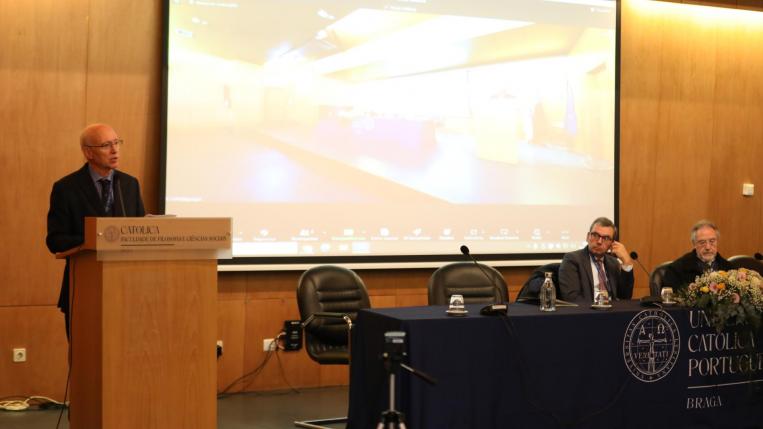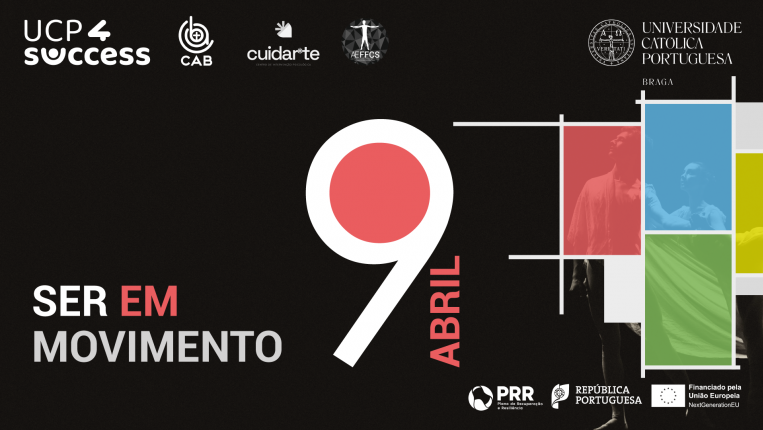Defended the director of the Faculty of Philosophy at the opening of the pedagogy congress

The opening session of the 5th International Congress of Pedagogy, which runs until tomorrow at the Catholic University of Braga under the theme "Education and Culture of Peace: Memory, Truth and Forgiveness", featured a speech by the director of the Faculty of Philosophy of that institution, who highlighted the importance of truth in building a culture of peace. "You can never build a culture of peace without truth," he said, considering that nowadays "there seems to be a phobia of truth, the strongest expression of which can be found in the concept of post-truth". "The truth, in fact, as a result of the crisis of reason, is also in crisis, because it has managed to move into the realm of the ambiguous, the private, the negotiable, the tolerably bearable.
The misstep that has been made, the result of a populism that thrives on emotions and the irrational, has been to try to make people believe that respect and tolerance for all worldviews implies renouncing the existence of truth," he said. In this sense, he added, "the truth seems to be subject and subjugated not to reason or facts, but to a well-told and well 'passed' narrative through manipulative communication, which is more interested in communicating than informing," he said. According to José Manuel Lopes, "communication today, in many cases, plays the role of the sophists in Ancient Greece", in which "the important thing is to 'win', in this case, to 'convince'.
Forgiveness, on the other hand, and quoting Gabino Uríbarri, "is an active reality that presupposes memory, truth and the will to reconcile as necessary points for the goal towards which it tends: a peace that necessarily springs from/with/in justice." "Without truth, memory and forgiveness, there can never be a humanist, humanizing and redemptive transformative action, because it points to the divine," stressed the director of the FFCS, to contextualize the purpose of the Congress which began yesterday and continues until tomorrow: "to promote the presentation and discussion of works and research on the place and role of education in the promotion and implementation of a culture of peace, particularly in the vectors of memory, truth that demands justice and forgiveness." In his speech, José Manuel Lopes also pointed out that "education only makes sense if it leads to a culture of peace, promoting the dignity of the human person", and that "quality education is needed as a vector for dialogue, which can raise awareness of the issues associated with peace and promote an understanding of fundamental human rights".





